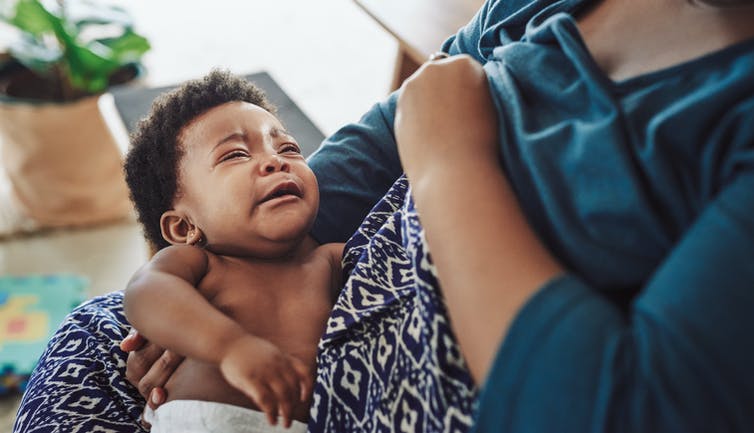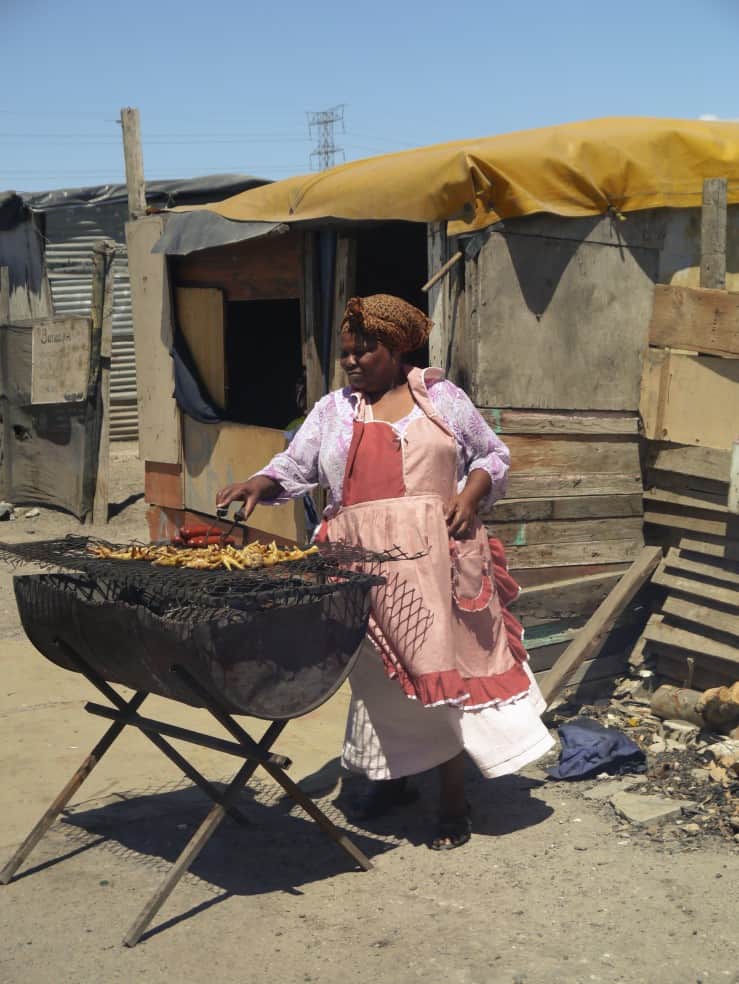Postpartum depression and stress diminish the likelihood of exclusive breastfeeding in SA
Breast milk plays a vital role in reducing child mortality. It has all the nutrients a baby needs in the first six months of life and its health benefits extend into adulthood. This is why organisations, like UNICEF and the World Health Organisation (WHO), recommend exclusive breastfeeding – no other food or drink, not even water – for infants in this period.



Israel’s genocidal use of starvation as a weapon of war